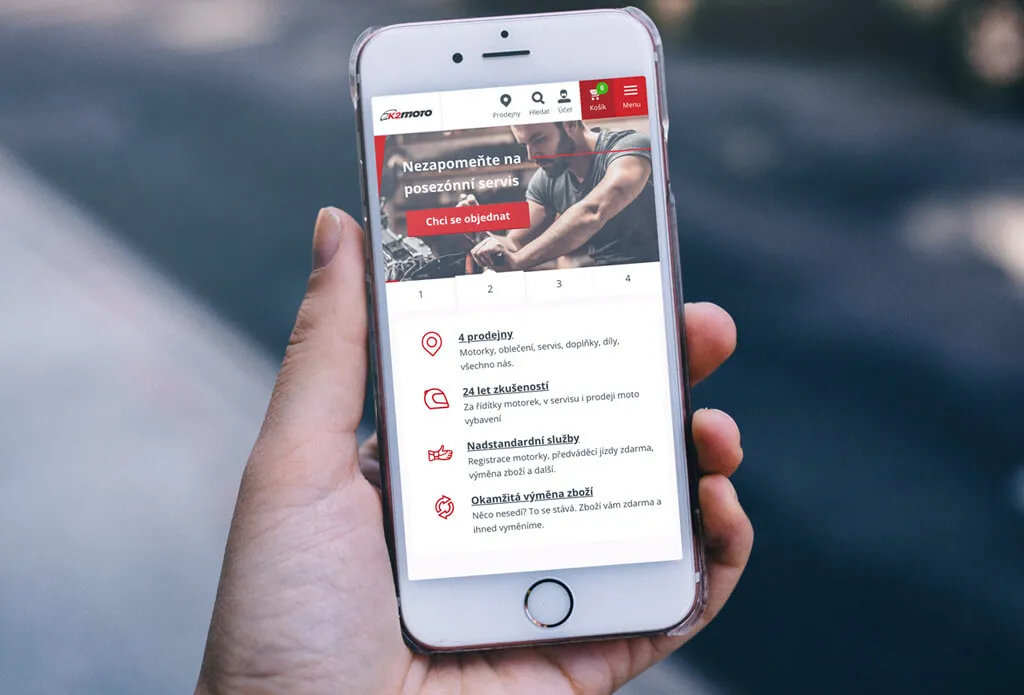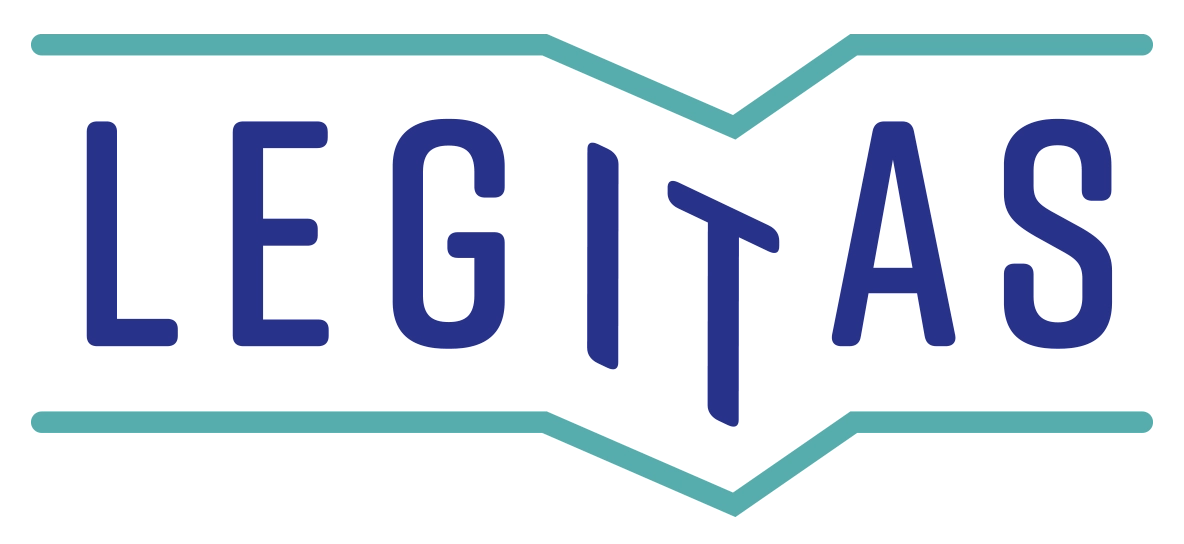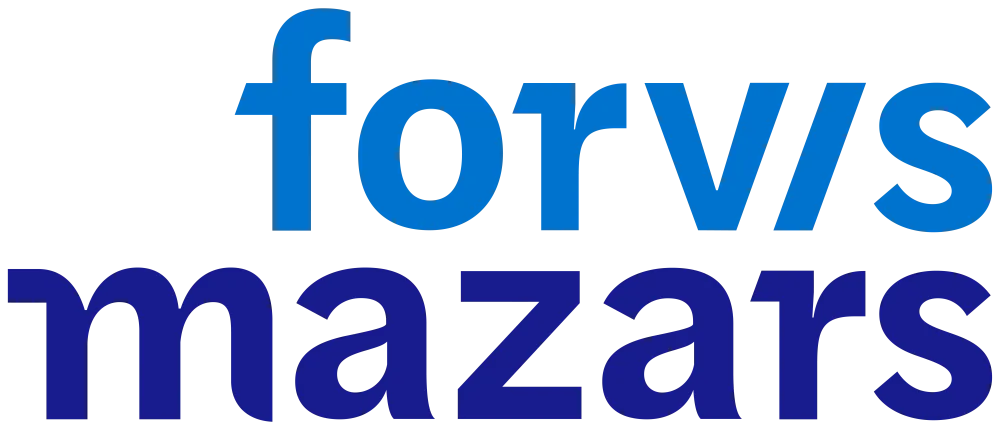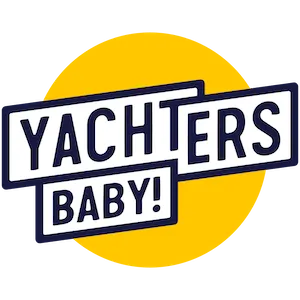Published:
We've built a solid portfolio of services, stopped offering cheap rentals, and are doing hybrid e-shop projects – combining a bespoke approach with boxed elements (the core of the system), but which are honed by our know-how.
Integration – Our solution is not just a CMS system, it's also ERP and CRM together. In companies where our system is running, the customer will call you and the system automatically displays who is calling and his open orders (or other cases - complaints, service), a question about the condition of the goods, the operator only needs one screen to see if the goods are on the way from the supplier or whether he is on his way from another branch of the company, because the system also deals with logistics and supply.
The call is registered and if the customer impatiently sends another e-mail without context other operator can handle it. The system completes the context, only because everything goes through one system. This is just one of many other examples.

Primarily Prague, our offices are in Impact Hub, but we have one colleague in Slovakia.
Yes we do – UX, graphic designers, marketing analysts and external coders.
When managing a company, it's simple – now find a new designer (generally find quality people). We have to reject projects because we are growing faster than we can look after this. At first we thought we would try it with someone junior and that we would teach him, but we didn't succeed (we had a few unsuccessful candidates). They lacked an overview on which to build advanced ideas. Now let's try it straight with the senior and we hope to be happier.
When managing teams, I must humbly say that we have built a lot of processes and protection rules so that we can make and deliver projects exactly as we and the client have defined in the assignment and according to the deadline. Therefore, the current challenge is to maximize efficiency.
The most difficult is to get skilled people and create a good team. Today's technologies are so advanced that they allow a lot of things with fewer people.
We're sitting together and we're a small team, so we keep it in person when it's a complicated issue and we just say it. We certainly help each other suddenly with the mentioned methods, but it is very individual. Usually feedback helps us the most (both within the company and especially with clients). However, despite personal communication we work primarily virtually (Slack, Freelo, internal IS, ticket system).
One of the problems is synergy. The team on our side is not just made up of our people. Usually, the project team consists of three groups (Simplia, clients, external agencies) and cooperation is a problem of all three groups, you have the opportunity to directly influence only one. In order to keep the project within budget and deadline, we must influence other groups as well. It helps us to write practically everything, including priority, deadline, responsible person. Everything must be written in one place at the same time and as up-to-date as possible. If you see that it squeaks somewhere (the client's team does not respond, does not submit), you have something to refer to and we can escalate the problem to superiors (manager, owner).

The hardest in to fing really good people and have well-formed team. Today's technologies are so advanced that they allow a lot of things with fewer people, but they are more complex, so you need to have capable colleagues.
Bad in our e-shop environment are cheaters and fraud e-shops, which we can still come along.
Good is that there is couple of very good companies that provide good-quality IT fundamentals so you can do good a service and don't have to be the biggest e-shop in the Czech Republic.
It wasn't exactly our fault and it's long time ago, but one of our clients was under a massive DDOS attack, which affected most clients at the time. It was just at the peak of the Christmas season. This moved us, among other things, to change the IT infrastructure to avoid such things.
Basecamp and Google Drive.

In Freelo we do large projects. We use our own SW for small ones.
Primarily task fulfillment control got better, no more failures of priorities. Also the client and agency integration into a project management.
We used Basecamp. Freelo has more interesting features and it is also Czech, not all our clients speak English well, so it's a nice tool for them.
Always 2 to 3 larger projects at once and then a lot of small not counting that I don't count.

Phases of the project, goals and timetable settings are very essential. Also the budget of course. It all comes out from a well-done assignment.
We do bigger projects in Freelo. We use our own IS for smaller projects.
In average 3 months.
The project phases, goals and set schedule are crucial. Of course the budget. It's all based on a well-done assignment. If the entry is wrong, everything can be disrupted. When the assignment is thoroughly done, we monitor the effectiveness according to the achieved goals within the individual phases. If the goals are not met, there are only two reasons – too ambitious plan or the inability of the team.

I would say standard project management issues ;-) We do nothing fundamentally another way.
We use our own information system, it includes a ticket system. It deals with short-term projects (innovation, upgrade). If a larger project appears on the support, we transfer it to Freelo, where the invited client is.
We like Czech company JetBrains, doing world-known IDE tools or tools fo team collaboration over the code, we use PhpStorm. Conversely, for some actions within the SQL database is handy Navicat by PremiumSoft. Self-evident are AWS, Docker or GIT etc. We make some very own tools for developement - for example the template administration is done in our own system.
This will be a boring answer. Practically as from no good CV - "Word, Excel, PowerPoint ..", now... seriously ;). We like Slack for internal communication and as I mentioned, we also have our own support management tool that suits us. Our own information system also solves a complete CRM, all that company needs.

In my opinion the project templates are very useful. We have standardized tasks or checklists prepared there.
The tool is not complicated, it is actually very intuitive. On the contrary, we teach our new members more in the processes of the company of which Freelo is a part.
A little thing like project templates, in which we have pre-prepared standardized tasks or checklists. Now I'm going to experiment with timetracking for some specific activities, so I can't give any feedback at all.
Unfortunately, I cannot help, we don't miss anything now ;-)
Relax :-)








































